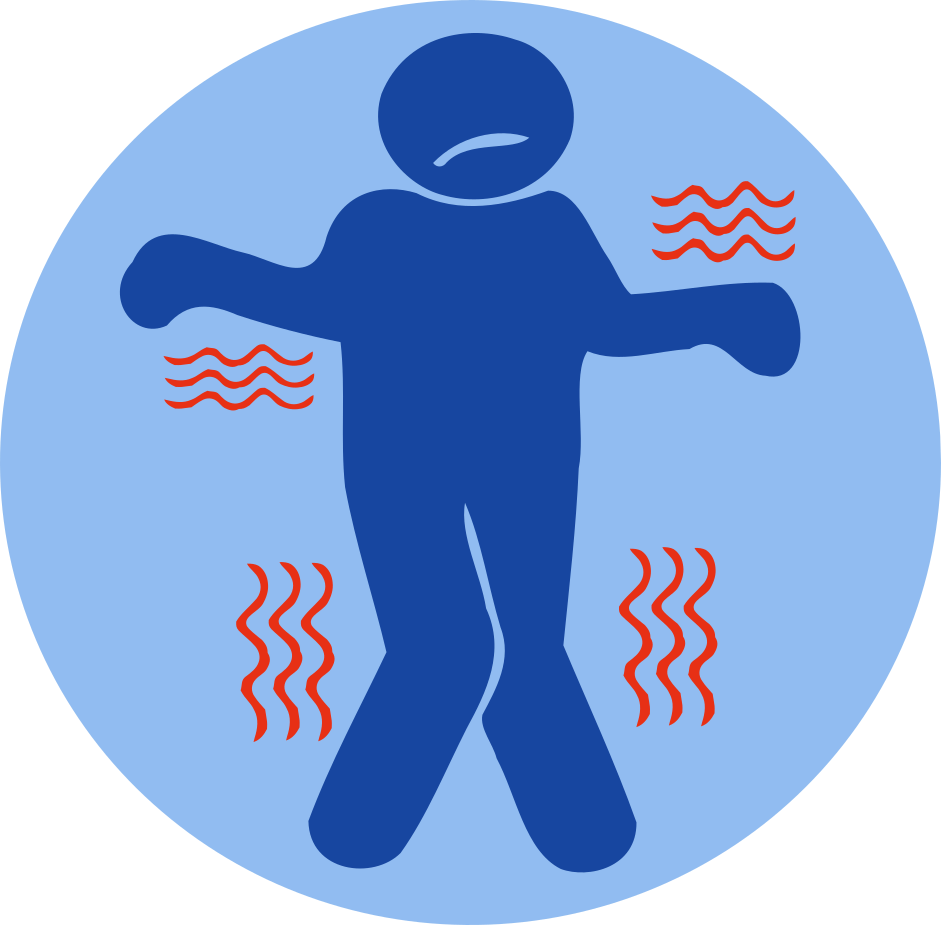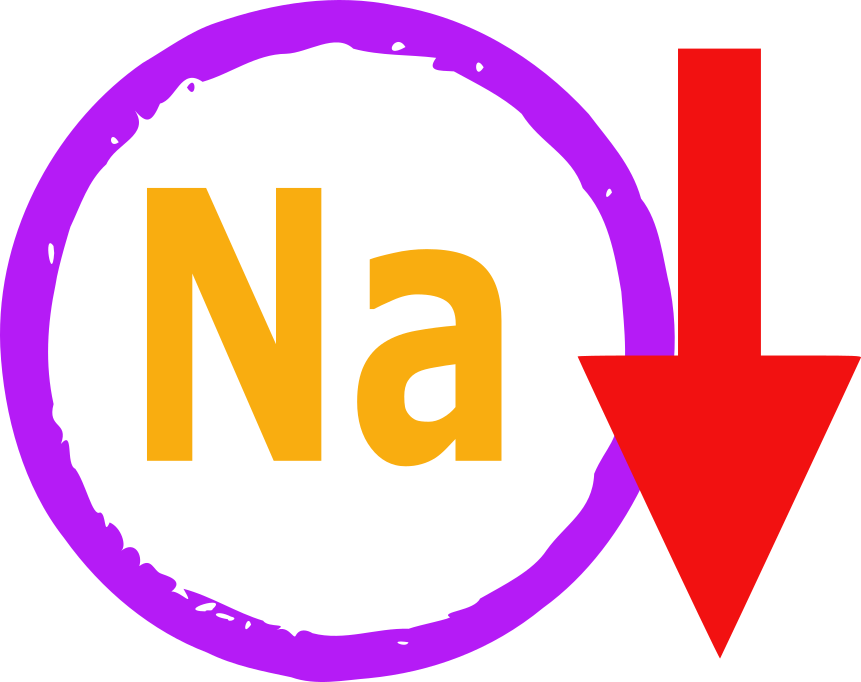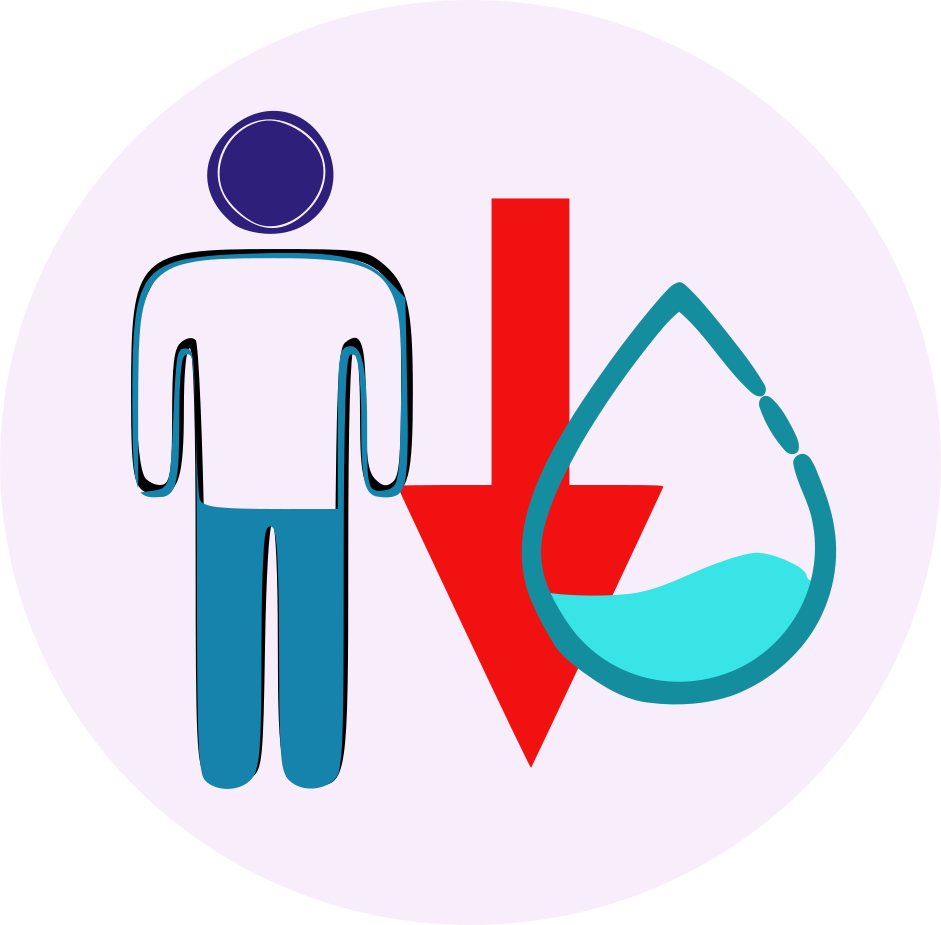Medicine details
| Image |  |
| Name | Lithium SR |
| Dosage | Tablet |
| Generic Name | Lithium Carbonate |
| Classes |
Central Nervous System Agent Psychotherapeutic Agent |
| Diseases |
CNS Disorder Depression |
| Company | Albion Laboratories Ltd. |
Drug Package Details
| Strength | 400 mg |
| Storage Condition | |
| Origin Country | Bangladesh |
| Commercial Pack | 50 |
| Price per pack | ৳ 250.00 |
| Cost per pack | ৳ 220.00 |
| Package unit | 10 tabs strip |
| Price per unit | ৳ 5.00 |
| Cost per unit | ৳ 4.40 |
| Discount | 0 |
| Coupon | |
| Remarks |
Lithium Carbonate
Lithium Carbonate is a mood-stabilizing agent. The exact mechanism of lithium's action is not fully understood. It is thought to influence the reuptake of neurotransmitters, alter intracellular signaling, and modulate neurotransmitter release.
Lithium Carbonate is indicated for the treatment of manic episodes of Bipolar Disorder. It is also used for the maintenance treatment of Bipolar Disorder to reduce the frequency of manic episodes and to alleviate the intensity of those episodes.
Acute Mania: The usual effective dose for Lithium Carbonate is generally 600 mg three times a day. Similarly, optimal patient response to Lithium Oral Solution is typically achieved and maintained with a dosage of 10 mL (2 full teaspoons) three times a day, equivalent to 16 mEq of lithium. These doses commonly result in a therapeutic serum lithium level ranging between 1.0 and 1.5 mEq/l. It is crucial to tailor the dosage to individual patients based on their serum levels and clinical response. Regular monitoring of both the patient's clinical condition and serum lithium levels is essential. During the acute phase and until stabilization of serum levels and clinical status, serum levels should be assessed twice per week.
Long-Term Control: The target therapeutic range for serum lithium levels is 0.6 to 1.2 mEq/l. While the appropriate dosage may vary among individuals, maintaining this range is often achieved with 300 mg of Lithium Carbonate three or four times daily, or 5 mL (1 full teaspoon) (8 mEq of Lithium) of Lithium Oral Solution three or four times daily. Monitoring serum lithium levels is recommended at least every two months for uncomplicated cases in remission on maintenance therapy. Individuals unusually sensitive to lithium may manifest toxic symptoms within the 1.0 to 1.5 mEq/l serum level range. Elderly patients may respond well to lower doses and may display signs of toxicity at serum levels that are typically tolerated by other patients.
The following side effects may occur with the use of lithium carbonate-
- Diarrhea
- Vomiting
- Drowsiness
- Muscular weakness
- Tremor
- Ataxia
- Slurred speech
- Dizziness
- Vertigo
- Unmasking of Brugada Syndrome: Reports postmarketing suggest a potential link between lithium treatment and the unmasking of Brugada Syndrome. This syndrome is characterized by abnormal electrocardiographic (ECG) findings and an increased risk of sudden death. It is generally advisable to avoid the use of lithium in patients with known Brugada Syndrome or those suspected of having it.
- Pregnancy: Lithium administration to pregnant women may pose a risk of fetal harm. Studies in animals have indicated adverse effects on nidations in rats, embryo viability in mice, and in-vitro metabolism of rat testis and human spermatozoa, potentially leading to teratogenicity in submammalian species and cleft palates in mice.
- Lithium-Induced Renal Effects: Chronic lithium therapy may be linked to a reduction in renal concentrating ability, occasionally presenting as nephrogenic diabetes insipidus characterized by polyuria and polydipsia. Adequate management is crucial to prevent dehydration, which can lead to lithium retention and toxicity. The condition is typically reversible upon discontinuation of lithium.
Contraindication
- Contraindicated in patients with hypersensitivity to any ingredient of Lithium carbonate formulation.
- Lithium should generally not be given to patients receiving diuretics such as-
None known.
Lithium should generally not be given to patients with significant renal or cardiovascular disease, severe debilitation or dehydration, or sodium depletion, since the risk of lithium toxicity is very high in such patients. If the psychiatric indication is life-threatening, and if such a patient fails to respond to other measures, lithium treatment may be undertaken with extreme caution, including daily serum lithium determinations and adjustment to the usually low doses ordinarily tolerated by these individuals. In such instances, hospitalization is a necessity.









 Bangla
Bangla English
English